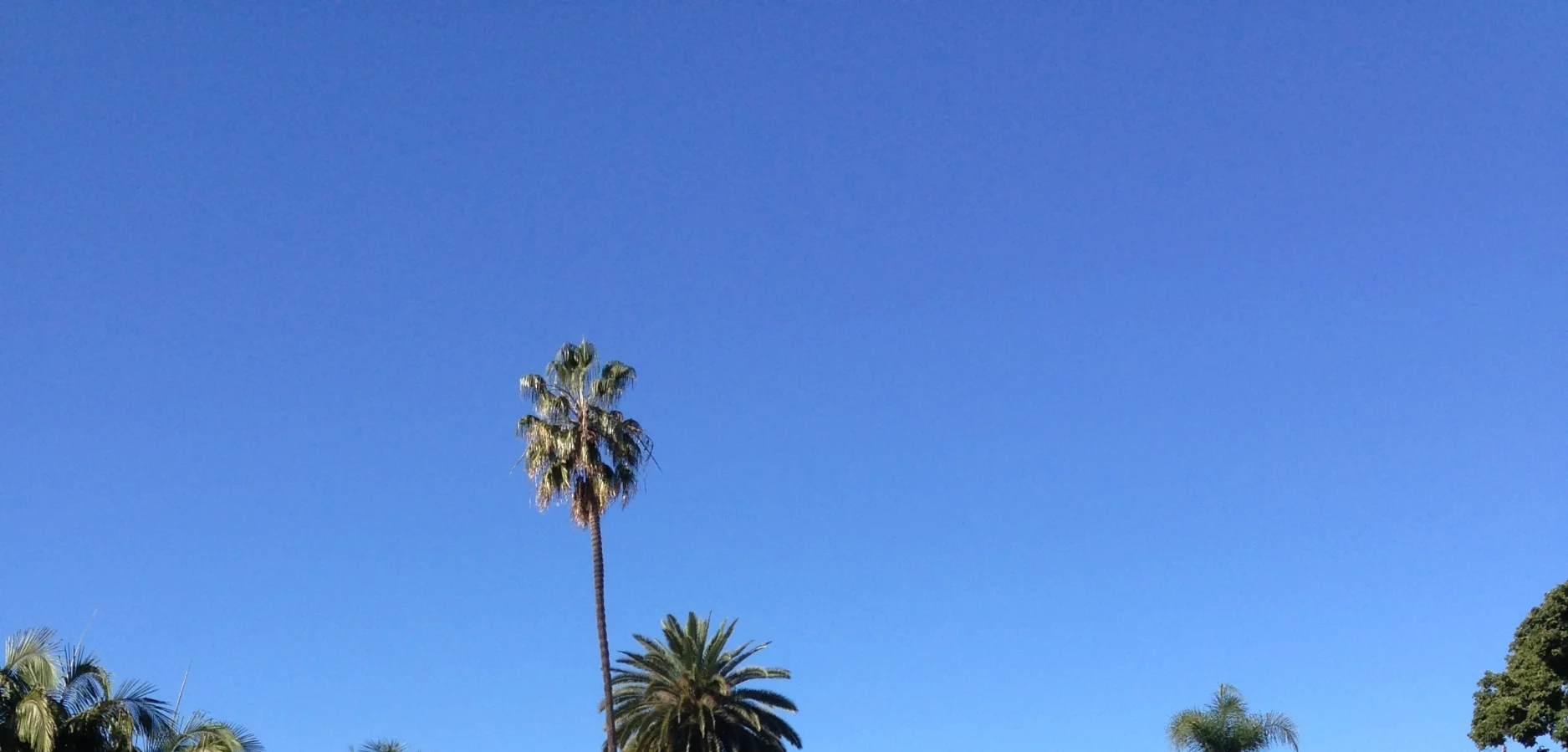David Carr writes in today's NYT that "We need an iTunes for news" and I'm finding myself thinking very hard about what actually might help the struggling newspaper biz (bad news from Fitch ratings came out the other day, and it looks like the Seattle P-I is on the brink).
Is it just "variable pricing" which Carr argues has allowed the music business to stick around, though perhaps not to thrive? What the music business still hasn't really learned, is how to combat piracy by adding value in the distribution part of the business. Apple figured the out- the device and the store are, for many many people, a top notch experience (I know there are people who prefer eMusic or other services) but the emphasis Apple placed on delivering value rather than delivering "content" is what gave Apple's iPod such dominance.
So can newspapers just turn around and create an iTunes-like store, charging for the convenience of reading the paper on an enormous iPod touch or the Kindle? I think the issue is not exclusively supply-side. That is, newspapers don't have to deal with precisely the same intransigence as the music business with respect to digital- they already (largely) give the product away for free online. When the NYTimes pulled the plug on TimesSelect, it looked like they were screwed.
I posted these thoughts to the nextNY list in December:
The BHAG here is to make enough of your content consumers want to buy
your content even if there is some proportion of people who believe it
should be free, wants to be free, or that they are entitled to consume
it for free. We are at the point where creators pass up the
opportunity to extract some optional $ from many of their consumers
while restricting the content to non-optional payers of $$$.
Maybe we are at the point where optional $ from only some of your
customers would make it profitable. Suppose 20% of the people who
visited the NYTimes online in October 2008 paid $1 for the privilege,
that would be about $10 million in incremental revenue. Would another
$100 million every year be worth it? We can play with the numbers like
this forever, but I think it's one direction creators should move.
I say all of this as a (GASP) paid daily subscriber to the print
NYTimes.
People need to get okay with not-free news. The reporting of news organizations is indispensable, and high in
value. While the music business has the advantage of live performance
and merchandise revenue- which do not suffer from the free copying
problem- news has no such cash cow.
We'll need news to recover from
this serious free-rider problem. A tip jar? Maybe tying to distribution on a device, or just making the pricing more flexible, or making it just a whole lot cheaper and also easier to pay would be a step in the right direction. I'm not convinced- just getting people back to paying for distribution seems weak. They will somehow need to be non-free even if not subscription only, either.
One of Fred Wilson's recent posts mentions Time Oreilly's three rules:
1) Work on something that matters to you more than money
2)Create more value than you capture
3)Take the long view
I believe that in a similar way, newspapers "create more value than [they] extract" but this has created a mis-pricing problem: users believe they were paying for distribution, distribution became "free" via the web, but the value created only grew; we have not figured out how to recapture that. Wish I knew the answer to that one.

